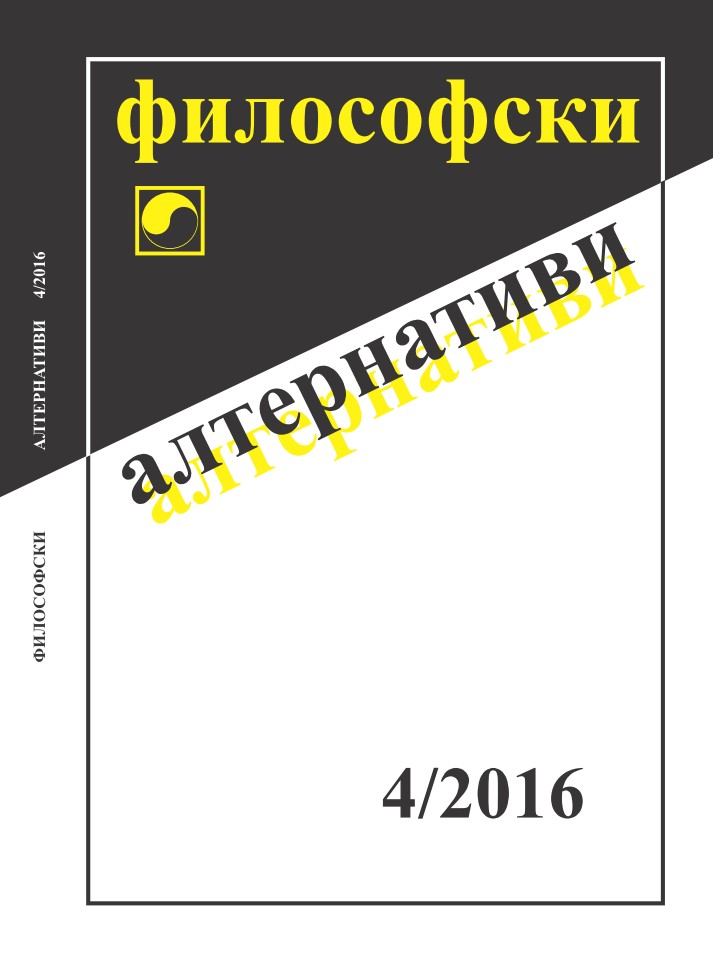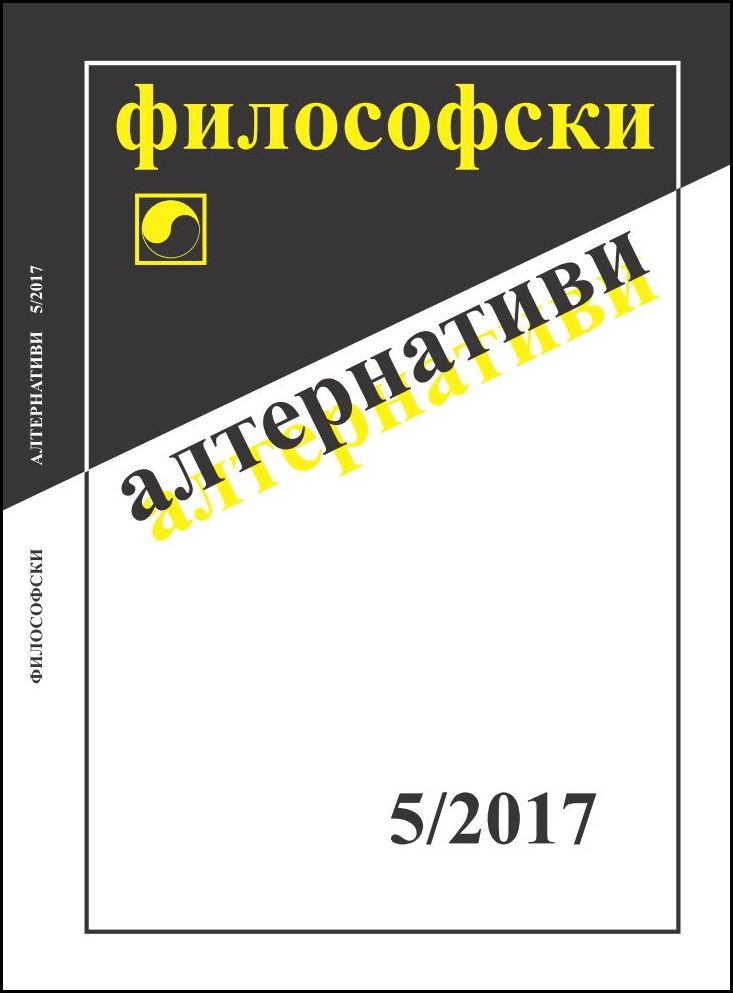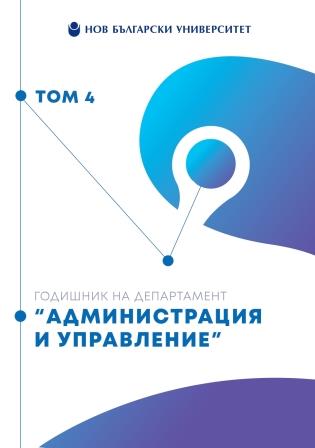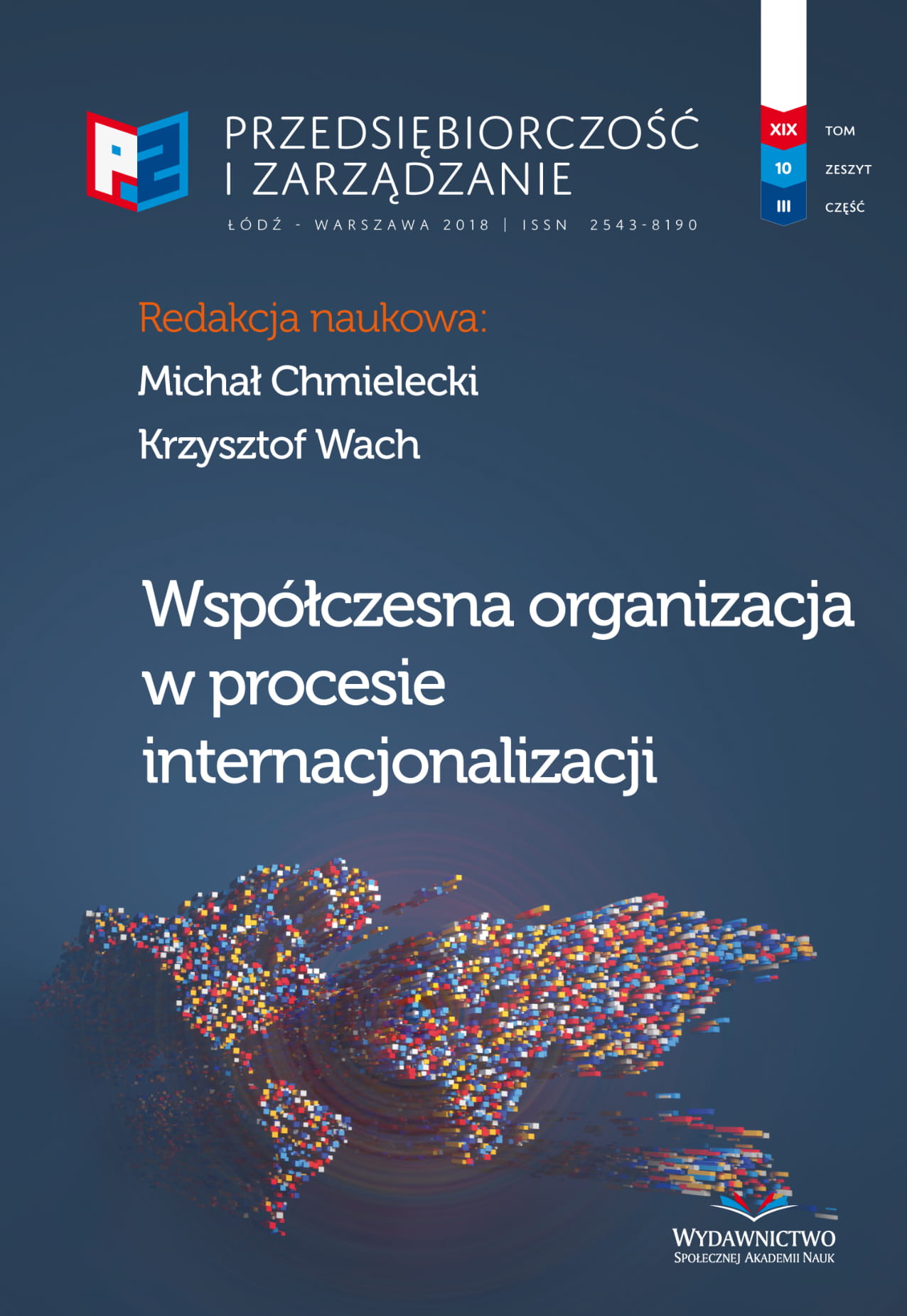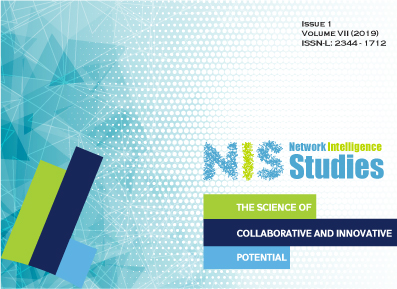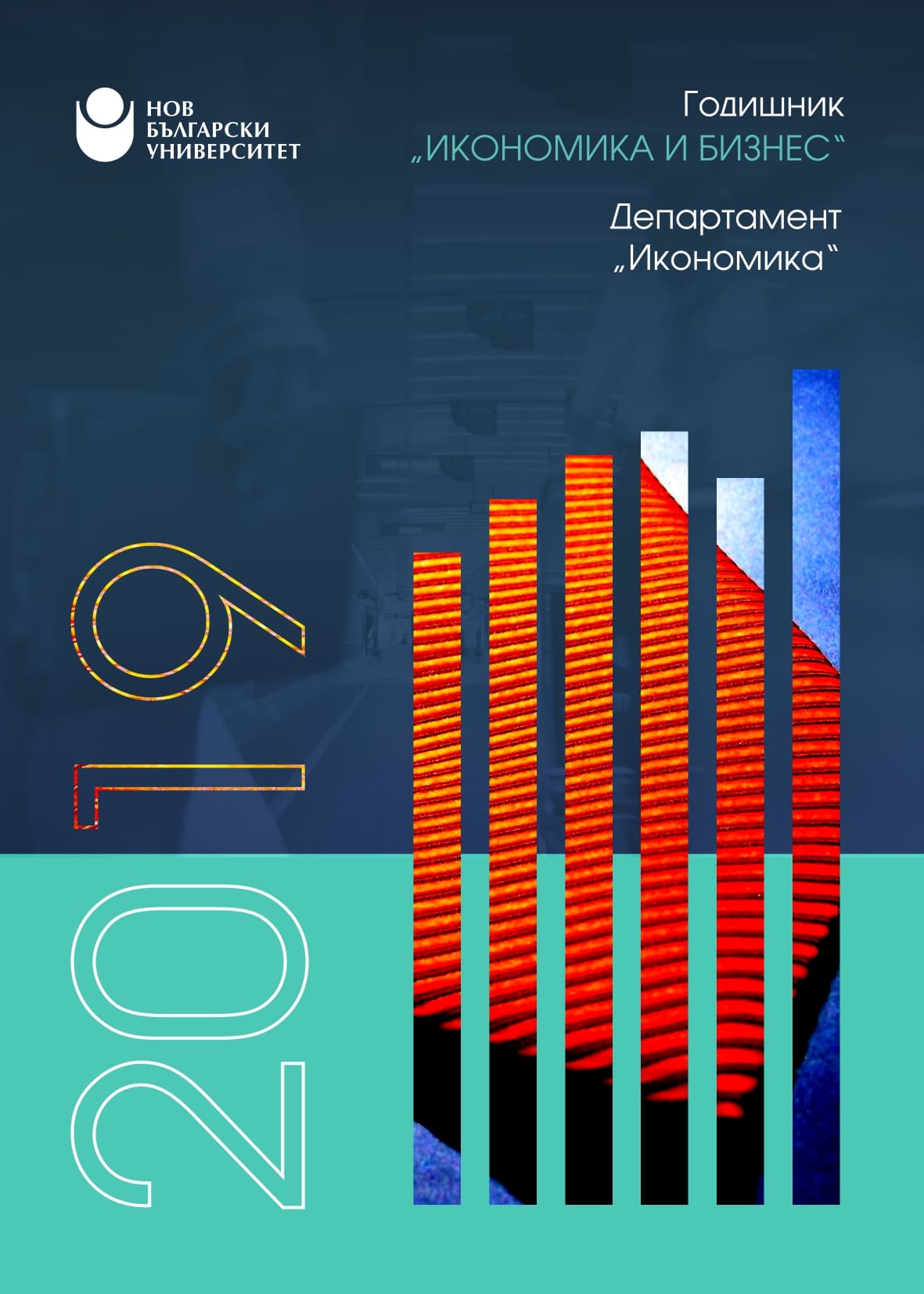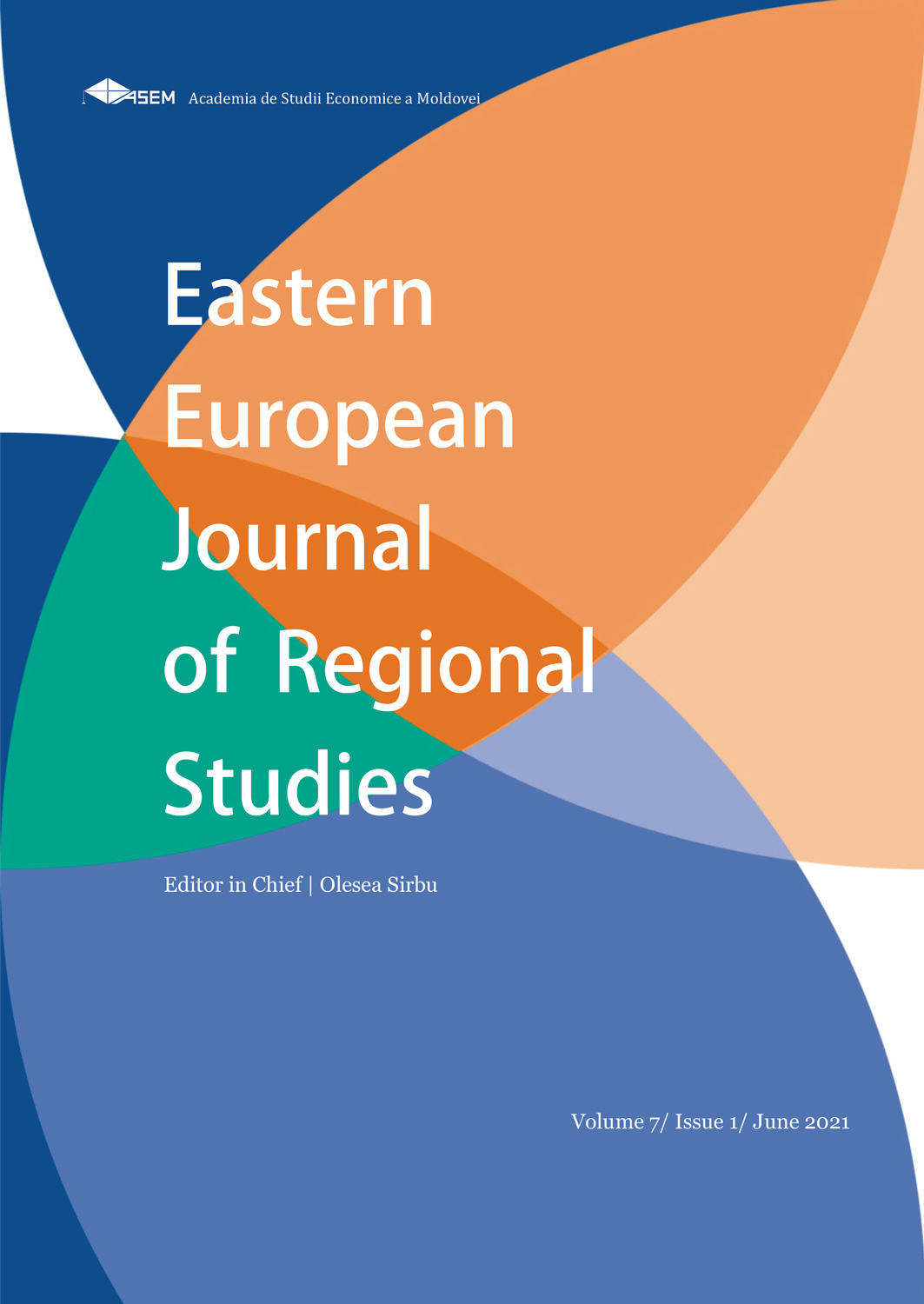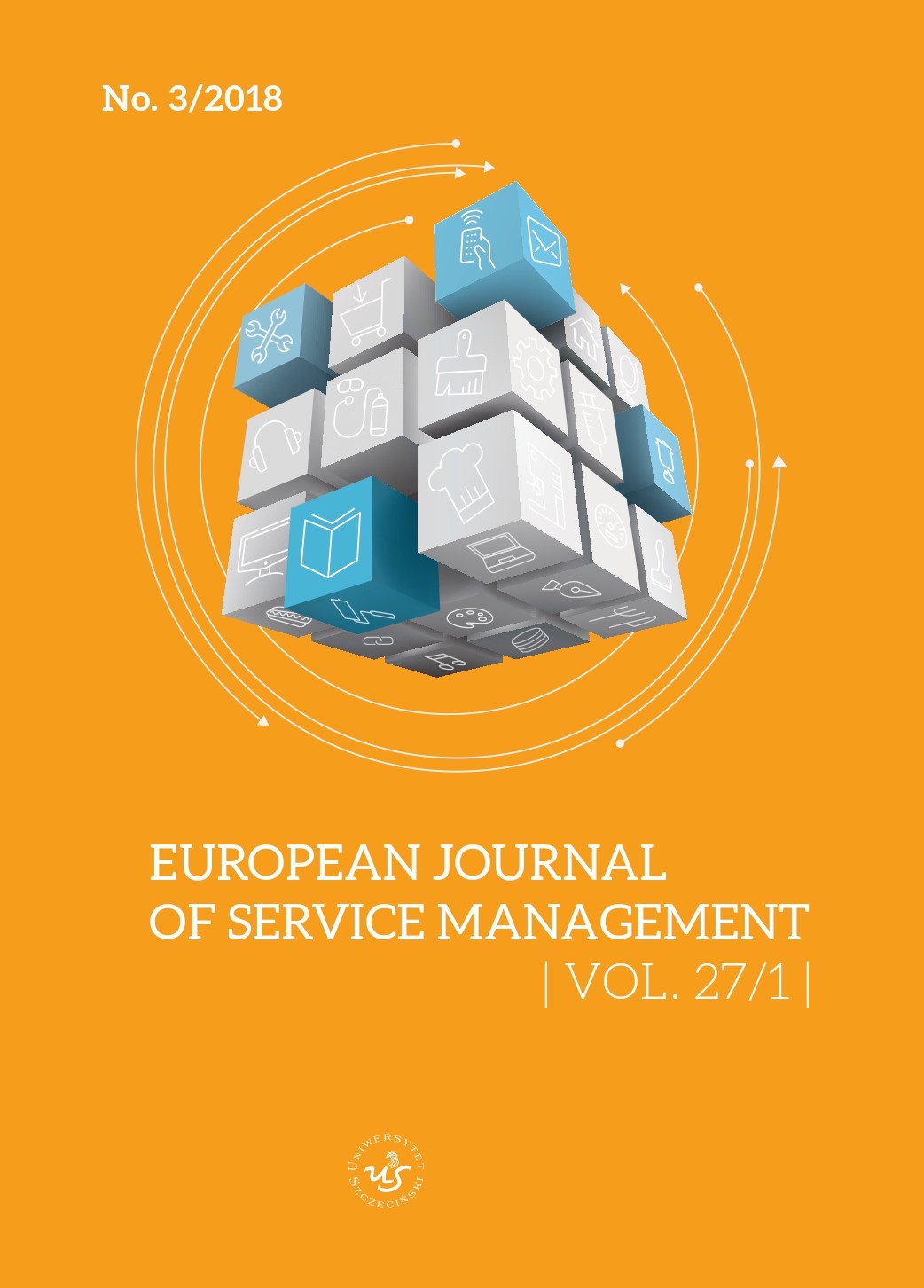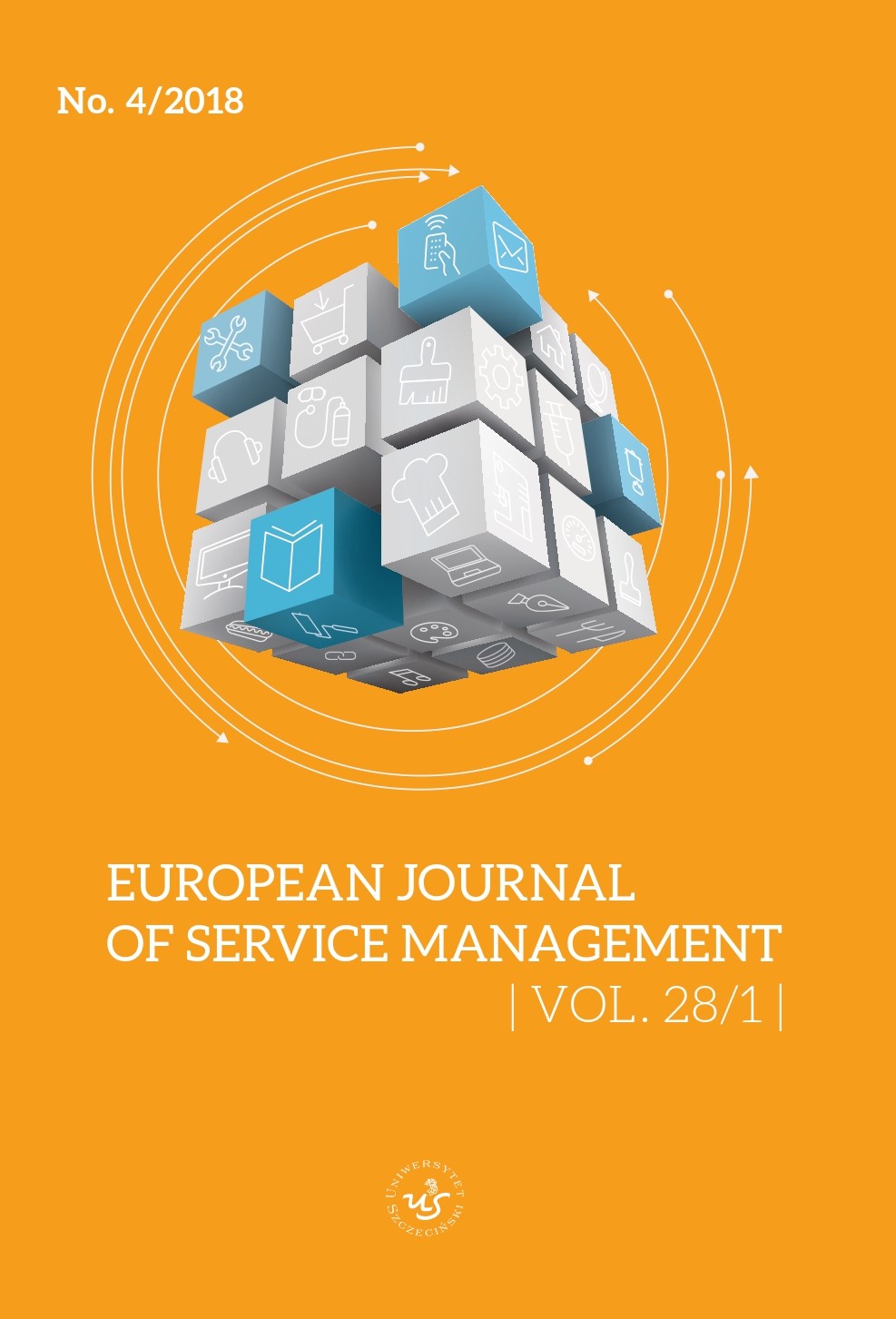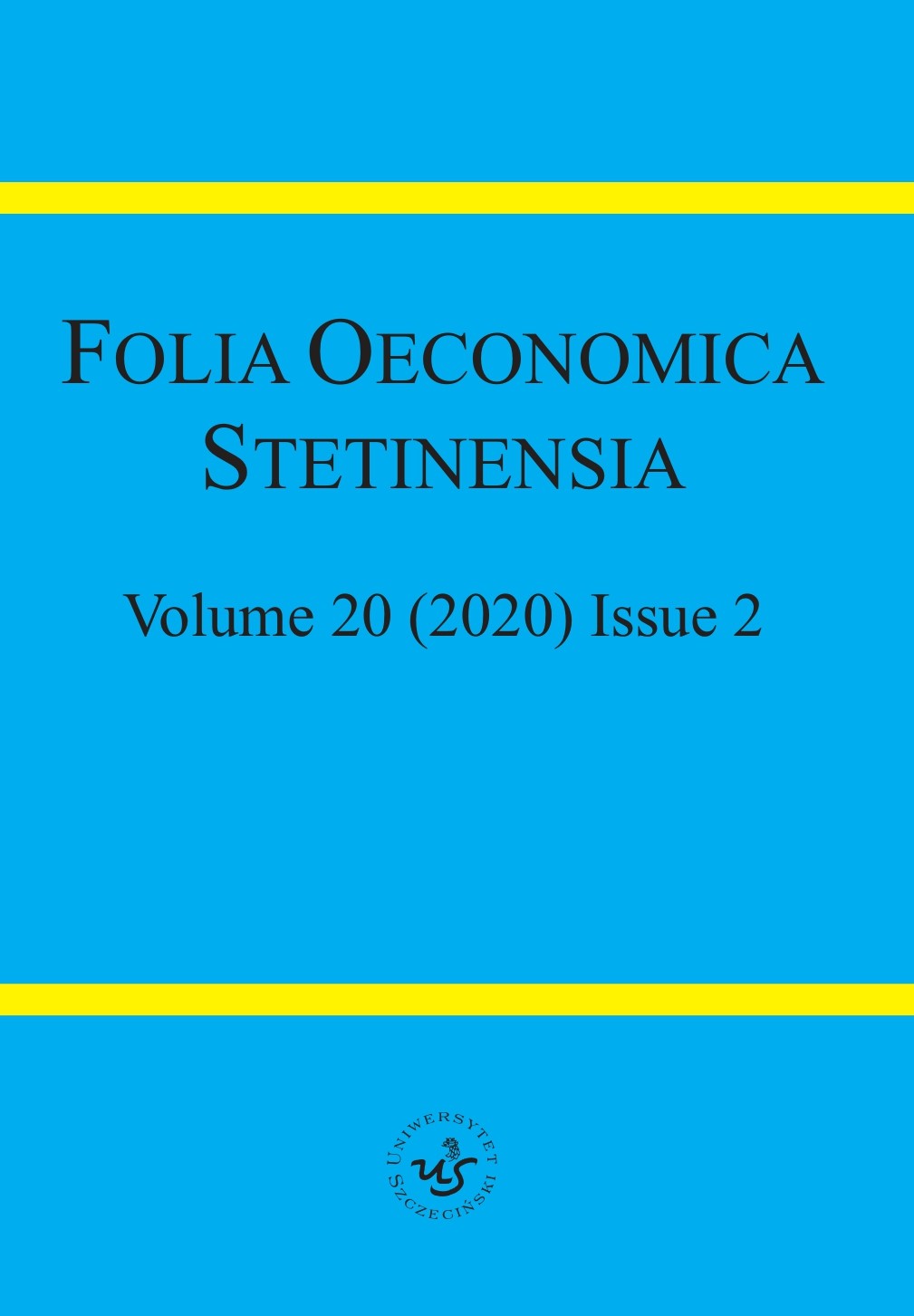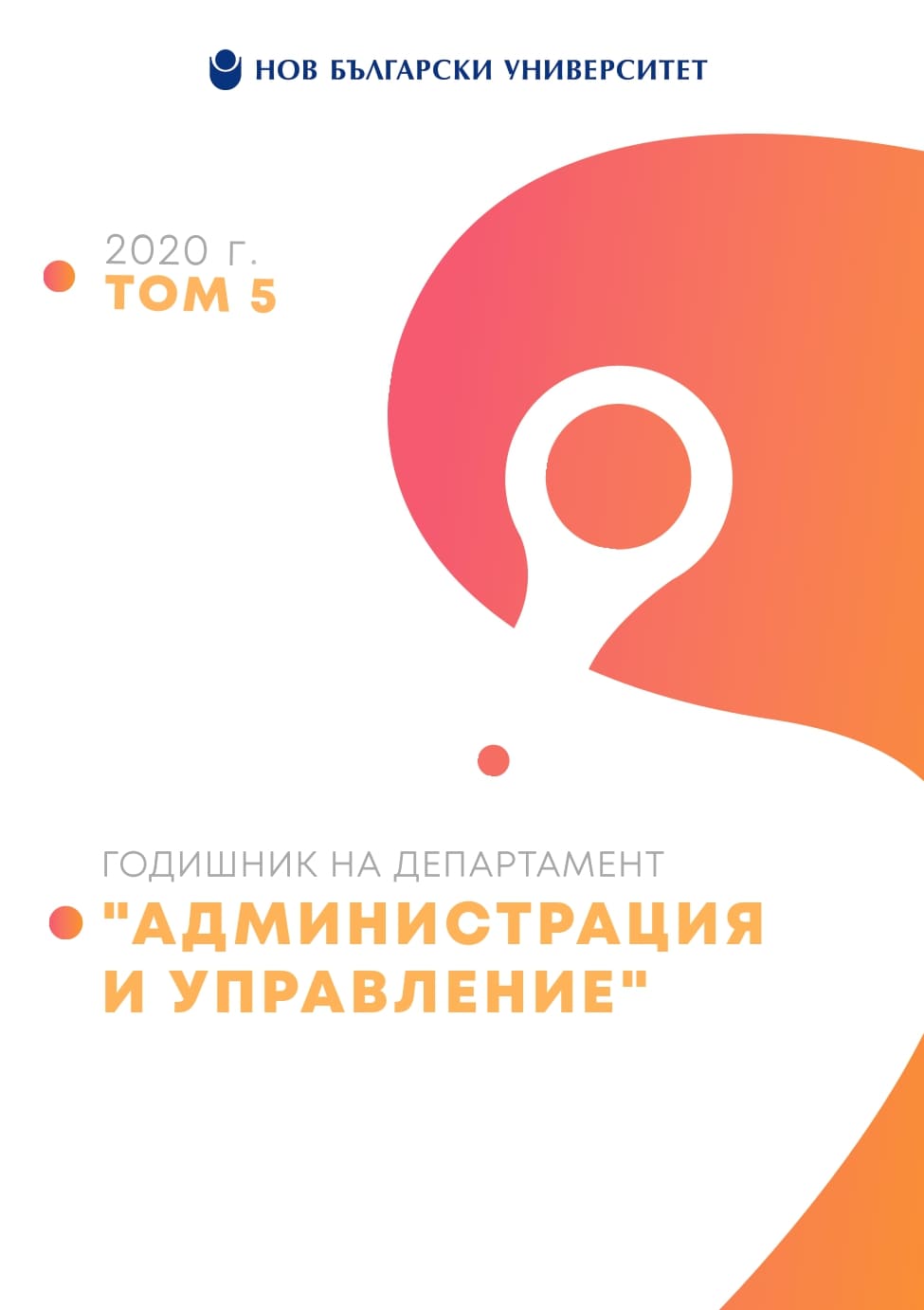Author(s): Carmen COZMA / Language(s): English
Issue: 1/2020
Undoubtedly, the advancement of technique and technology represents one of the most important paths of human progress. It is not the place to stress the great value technologies have meant throughout the history of civilization on Terra, especially in its 20th century growth, connected with the „Second Industrial Revolution‟ followed by the „digital revolution‟, on which the so-called „Fourth Industrial Revolution‟ is now building. Unfortunately, there are plenty of examples of human using of a good thing not for good purposes, but on the contrary causing major destruction and suffering on long-term. This kind of situations emphasizes a lack of responsibility and of minimal wisdom, care and respect for life in its integrality. Beyond all, at stake there is a serious problem of morality. We refer to the ignorance of ethical problems by some corporate organizations in our globalizing world, having a great negative impact for the planet and its various any life-forms. Part of nowadays multinational companies proves disdain as regards basic moral duties and social responsibilities, even though they display impressive codes of conduct, which remain just emptied formulas of applicability in real life. It is the case of the serious risks and dangers that the technique known as hydraulic fracturing or „fracking‟ produces for the medium to long-term evolution of life in its plenitude on Earth. In this paper we try to highlight the need of a veritable ethical culture to be appropriated and activated by all the social actors and, also, the significance of moral awakeness in making people to act for their own fundamental rights. We focus on the importance of working together on the side of „good and right‟, using the potential of moral philosophy towards an efficient, healthy and secure interference with economics, ecology, social culture, etc., to protecting and developing the wellness and sustainability of life, of natural environment and of human well-being finally.
More...
